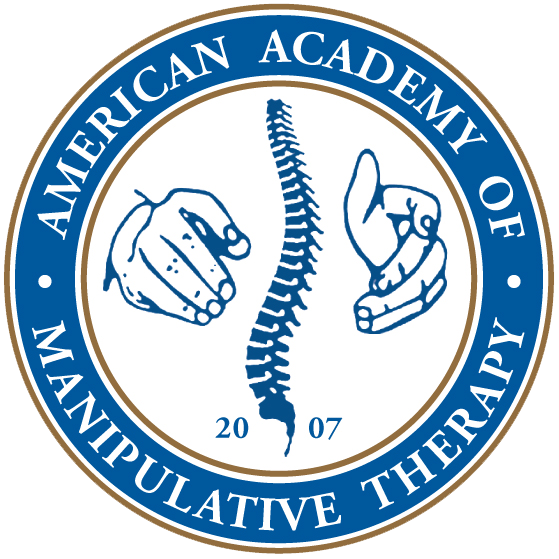Chiropractic Efforts to Limit the Practice of Spinal Manipulation by Physical Therapists: New York and Virginia
In 1999, a dispute arose in New York regarding the right of physical therapists in that state to practice spinal manipulation. The New York State Department of Education (NYSDE), which administers professional regulation in New York through its Office of the Professions, ultimately attempted to mediate the dispute between the State Board for Chiropractic and the State Board of Physical Therapy, characterizing the issue as “whether physical therapists may legally perform spinal manipulation as part of their statutory scope of practice.”[1] After researching the issue and consulting with both boards, the NYSDE ultimately concluded “Section 6731 of Article 136 of the Education Law clearly authorizes physical therapists to perform spinal manipulation and/or mobilization and has done so for at least nineteen years.”1
Failing to achieve the desired result from the NYSDE, the chiropractic lobby in New York subsequently pushed for legislation that would statutorily bar physical therapists from performing spinal manipulation. On June 17, 1999, the New York State Senate, by a 58-1 vote, passed Senate Bill S06003, which provided that “[n]o person shall perform manipulation of the vertebral column, joints or adjacent structures unless they are licensed to practice chiropractic or medicine. For purposes of this article, ‘manipulation’ shall be defined as moving a joint beyond its passive range of motion limit by means of a sudden thrust or impulse, which is usually accompanied by an audible sound.” However, the companion bill, A01206, subsequently died in the New York State Assembly and this proposed legislation accordingly was never enacted into law.
A similar battle was being waged in Virginia at approximately this same time. In January 1999, Senate Bill 1141 was introduced in the Senate of Virginia, proposing to limit the practice of “manual spinal care” to “doctors of osteopathy, chiropractic or medicine [whom are] licensed in Virginia.” SB 1141 was ultimately referred to the Senate’s Committee on Education and Health, which, before acting on the bill, charged the Virginia Board of Medicine with assembling a task force to study the issue and determine if there was a need to prohibit physical therapists from performing spinal manipulation. After the five-member task force submitted its report to the full Virginia Board of Medicine, the Board, by an 11-5 margin, adopted the task force’s findings and decided that legislation to prohibit physical therapists from practicing spinal manipulation was unwarranted.[2] In doing so, the Board specifically recognized that § 54.1-100 of the Virginia Code provides that no regulation should be imposed upon any profession unless the unregulated practice of the profession could harm or endanger the public and that potential for harm is recognizable and “not remote or dependent upon tenuous argument.”2 The Board further noted that there was no evidence that spinal manipulation performed by physical therapists had, to date, harmed or endangered any members of the public in Virginia and that the potential for such harm was in fact “remote.”2 SB 1141 thereafter never made it out of the senate committee for a full senate vote and effectively died at the end of the session.
AUTHORS:
James Dunning, DPT, MSc (Manip Ther), MMACP (UK), FAAOMPT
Director, AAMT Fellowship in Orthopaedic Manual Physical Therapy
President, Alabama Physical Therapy & Acupuncture
Montgomery, AL
Lars Longnecker, JD
Attorney, Montgomery, AL
Raymond Butts, PhD, DPT, MSc (NeuroSci), Cert. DN, Cert. SMT
Senior Instructor, Spinal Manipulation Institute & Dry Needling Institute
Senior Faculty, AAMT Fellowship in Orthopaedic Manual Physical Therapy
Atlanta, GA
REFERENCES
[1]New York State Department of Education (1999). Physical Therapy and Spinal Manipulation. Letter from Johanna Duncan-Poitier, deputy commissioner of the Office of the Professions, to Norman Cohen, executive secretary of the State Board for Chiropractic, and Barbara Zittel, executive secretary of the State Board for Nursing (April 23, 1999).
[2]Virginia Board of Medicine (1999). Department of Health Professions. Study Task Force of the Virginia Board of Medicine. Study of spinal manipulation pursuant to request from the Chair of the Senate Committee on Education and Health.




